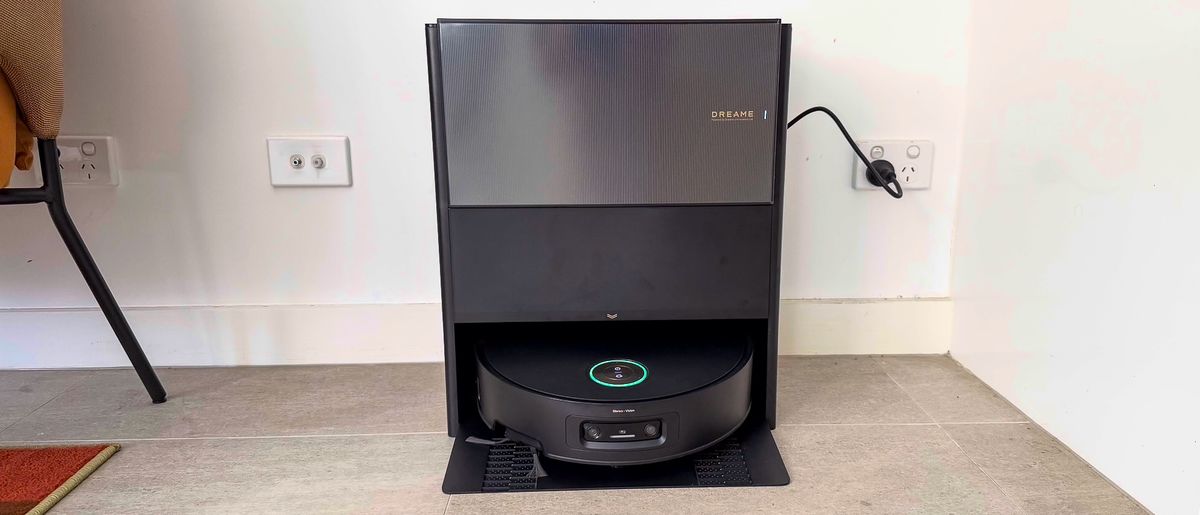
Follow ZDNET: Add us as a preferred source on Google.
ZDNET's key takeaways
- Atlassian has acquired The Browser Company, maker of Arc and Dia.
- The company's new browser will be designed for knowledge workers.
- Like Dia, it will leverage agentic AI to take action on behalf of users.
The race to build the next generation of web browsers is heating up.
Atlassian, the software company behind Trello and Jira, announced on Thursday that it has acquired The Browser Company, creator of the Dia web browser. First unveiled in June, Dia is a web browser that uses an AI agent system to interact with users via natural language, predict their browsing goals without specific prompting, and pull information from third-party apps. Dia is the successor to Arc, another platform created by The Browser Company.
Also: Perplexity's $200 AI browser is free for students now - with more discounts to keep using it
Through the acquisition -- which reportedly cost $610 million -- Atlassian aims to upgrade Dia into an AI-powered web browser designed specifically for knowledge workers. There will also be a focus on personalization: Whereas traditional web browsers have historically required users to navigate the vast expanse of the web on their own, the new browser will be built to understand the context of a user's search history and actively help them to more efficiently retrieve the information they're looking for.
"It's time for a browser that's actually built for work -- a browser that helps you do, not just browse," Atlassian CEO Mike Cannon-Brookes wrote in a company blog post. "Knowledge workers need a browser designed for their specific needs, not one that's been built for everyone on the planet. That's what we will build with The Browser Company."
What to expect
In his blog post, Cannon-Brookes offered some sneak peeks at his company's forthcoming web browser.
For one thing, it will transform tabs from inert clutter at the top of the web page into icons "enriched with context," according to the blog post. In a short demo clip, for example, a Google Calendar tab is shown counting down the minutes to a meeting.
Also: This free Chrome tool cleans up your Google searches - hide AI, sponsored links, and more
The browser will also be built "with AI skills and personal work memory," Cannon-Brookes writes, seemingly suggesting that the browser will be able to proactively take action on behalf of users based on their personal browsing history -- something that Dia can already do (with user consent). Atlassian did not immediately respond to a request for comment to elaborate on how its new browser will differ from Dia in this respect.
Atlassian will also aim to market the new, AI-powered Dia to businesses by emphasizing security, compliance, and top-down administrative control, according to Cannon-Brookes' post.
The rise of the AI browser
Traditional search engines like Google and Bing have long leveraged algorithms to determine which web content gets surfaced in response to users' queries. But the ongoing rise of generative AI has been reshaping some of the fundamental dynamics of how people engage with the internet, thereby causing a massive shift in the online search industry.
Google, for example, responded to the viral success of ChatGPT by fusing its own large language model into its search engine, so that users now see an AI-generated summary at the top of each search, above the long list of web links.
Also: The best secure browsers for privacy: Expert tested
In October, OpenAI launched ChatGPT search, which lets users retrieve up-to-date web information via the chatbot. Apple is reportedly planning to add AI features to Safari and is also rumored to be in talks to buy Perplexity, the AI-powered search startup that recently launched its own AI-powered web browser, Comet.
A common thread among all these efforts is the growing belief that generative AI can usher in a new search experience, one in which users aren't left to their own devices but can work with an automated sidekick to find better information faster.

 3 months ago
50
3 months ago
50








 English (US) ·
English (US) ·